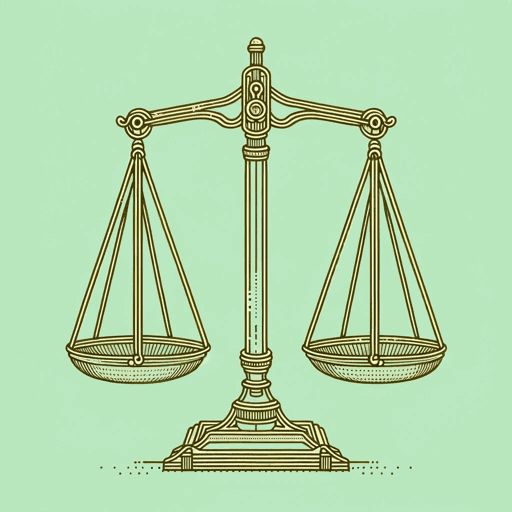52 pages • 1 hour read
Robert HeilbronerThe Worldly Philosophers
Nonfiction | Biography | Adult | Published in 1953A modern alternative to SparkNotes and CliffsNotes, SuperSummary offers high-quality Study Guides with detailed chapter summaries and analysis of major themes, characters, and more.
Index of Terms
Class
In economics, the term “class” refers to groups of individuals who share a common relationship to the form of production. The capitalist class, or the bourgeoisie, own the means of production, i.e., the equipment and factories used to produce goods. They pay workers to operate this equipment and take the finished goods to market, where they sell them for a profit; they then reinvest profits in the business in order to produce even more goods.
The working class, or proletariat, has little to sell except for their labor. Workers exchange time and effort for a wage, which they spend as they see fit. The landowning class, both relics of agrarian societies and amassers of land-based wealth today, receive a rent for the use of their land, which can influence the price of food for workers, and which bleeds profits from capitalists.
Conflict between classes plays a major role in the market system’s dynamics. Ricardo wrote about the conflict between the rising industrialist class and the entrenched landowning class, arguing that the landlords’ quest to keep food prices elevated stymied economic growth by cutting into the profits of the hardworking capitalist class. The Utopian Socialists re-envisioned the relationship between the working class and capitalist class, arguing that workers did not have to work in inhumane conditions for the system to function.

